The Center for Coastal Management (CCM)-ACECoR at the University of Cape Coast (UCC) welcomed a delegation from the University of Tsukuba, Japan, on 28 November.
The purpose of the visit was to explore a new partnership focused on coastal environmental education and student exchange opportunities. This collaboration aims to empower students to develop innovative solutions to the diverse environmental challenges facing society.
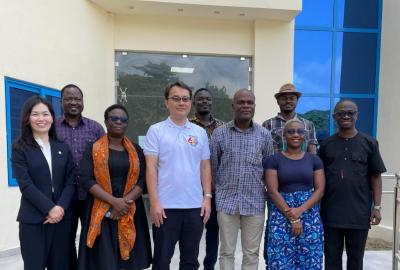
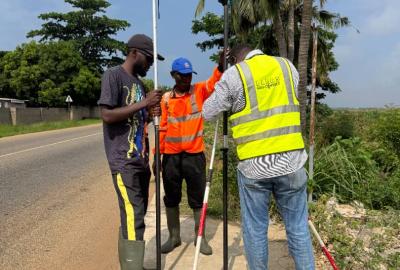 Publicationnov, 24 2025
Publicationnov, 24 2025The Coastal Management Journal invites submissions for its special issue titled “The Variability of Coastal Management and Biophysical Ecosystems in West and Central Africa”. This issue seeks high-quality scholarly contributions that advance understanding, present innovative methodologies, and offer critical insights on emerging themes within this field.
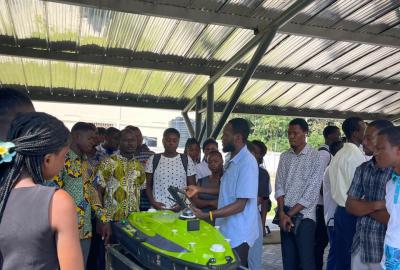 Campusnov, 20 2025
Campusnov, 20 2025On November 19, 2025, the Center for Coastal Management brought together researchers, policymakers, and students to mark the 2025 World Geographic Information Systems (GIS) Day Celebration.
The event, focused on exploring how GIS and remote sensing can be utilized more effectively for environmental management, is part of CCM’s efforts to advance spatial awareness and intelligence across sectors.
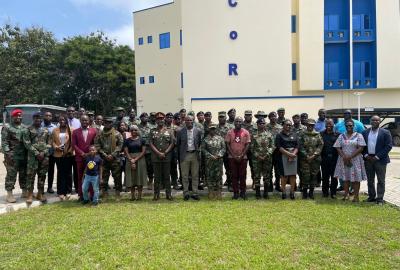 Partnersnov, 18 2025
Partnersnov, 18 2025The Centre for Coastal Management (CCM) ACECoR, University of Cape Coast had the pleasure of hosting a delegation from the Ghana Armed Forces for an insightful session on coastal security, environmental management, and the b
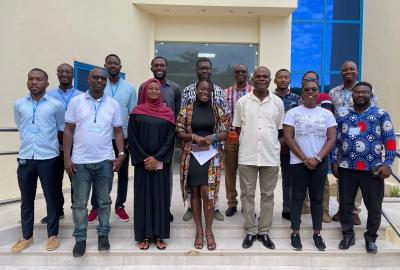 Partnersnov, 17 2025
Partnersnov, 17 2025TheCentre for Coastal Management - Africa Centre of Excellence in Coastal Resilience (CCM-ACECoR) at the University of Cape Coast (UCC), successfully organized a three day intensive Numerical Modelling Workshop facilitated by three visiting professors from Hohai University, China.
The training brought together coastal scientists, researchers, faculty, and students to build advanced capacity in coastal and ocean modelling.
